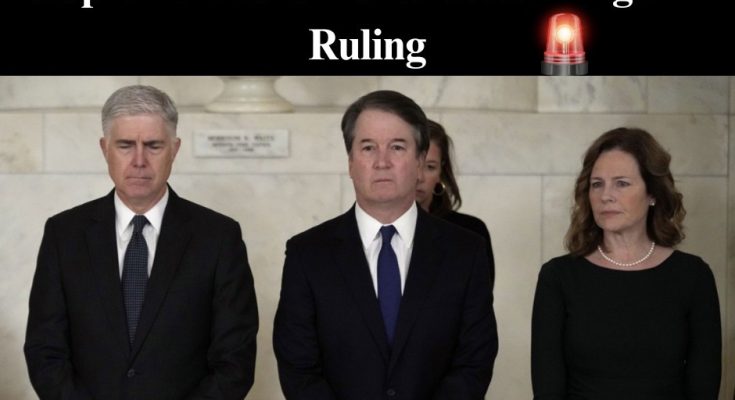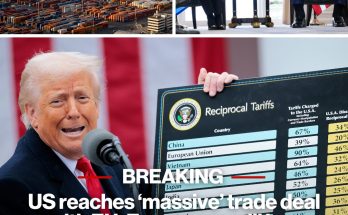Numerous correctional facilities are currently implementing more rigorous training, enhanced mental health resources, and improved surveillance measures to avert such occurrences. Female officers, who represent an increasing proportion of the correctional workforce, frequently advocate for more robust support systems and comprehensive emotional safety training to navigate the demanding nature of their roles. However, with each new incident, the public is left questioning: What remains unseen? And what measures are necessary to restore complete integrity within prison environments? These narratives extend beyond mere sensational news—they serve as indicators of underlying issues within the system. They highlight the profound human challenges faced by individuals in high-pressure situations and compel us to reconsider our approaches to training, support, and oversight of those in positions of authority. The badge signifies a weighty responsibility, and when that trust is compromised—even within secure confines—the consequences can extend well beyond the prison walls.The case primarily revolves around procedural nuances in immigration law, and the narrow 5-4 ruling may indicate the Court’s potential stance on forthcoming significant immigration matters, including those related to due process rights for migrants and legal disputes concerning nationwide injunctions against President Donald Trump’s birthright citizenship prohibition, as reported by Fox News. Justices Clarence Thomas, Samuel Alito, Brett Kavanaugh, and Amy Coney Barrett expressed dissent, contending that the Supreme Court did not possess the authority to adjudicate the issue. Thomas indicated he would have preferred to remand the case to the lower court to resolve outstanding questions, while Justice Barrett criticized the appeal submitted by Monsalvo. In a distinct dissent, Justice Alito entirely rejected the majority’s interpretation, maintaining that the 60-day voluntary departure timeframe is explicit and should encompass weekends, as noted by Fox. On his inaugural day in office, Trump enacted a series of executive orders aimed at enhancing border security and reinstating first-term policies that Biden had eliminated, such as the “Remain in Mexico” policy, which resulted in significant reductions in illegal border crossings. Consequently, these policy alterations have deterred migrants from initiating their journey to the U.S. and have prompted others already en route to turn back, as highlighted by a video report from Reuters published this week.
Supreme Court Issues Controversial Ruling In Immigration Case



